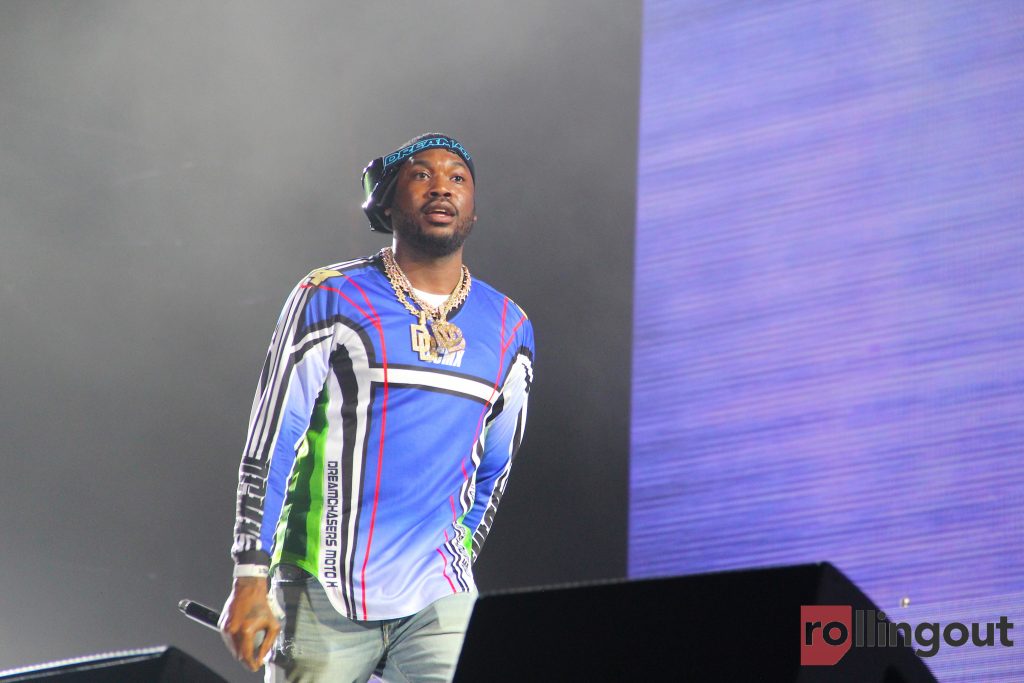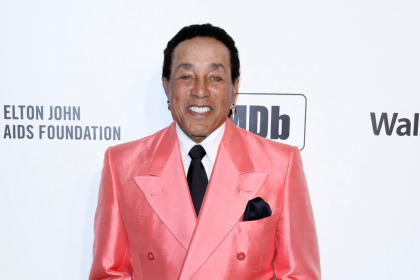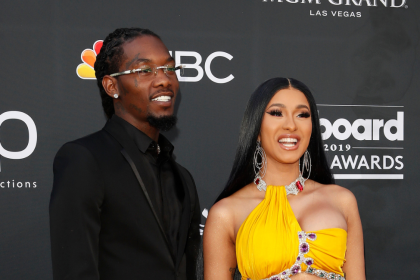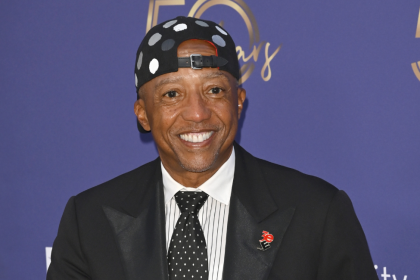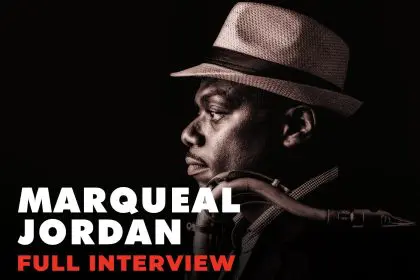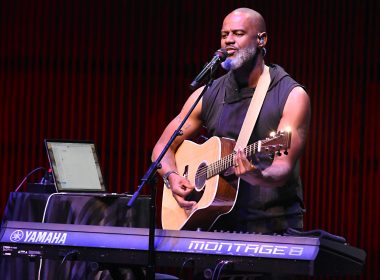Meek Mill swiftly confronted baseless allegations this week after rumors circulated claiming he had been kidnapped by Los Angeles Crips members. The unfounded story suggested fellow artist Rick Ross paid $50,000 to secure his release — a narrative Meek firmly rejected through a series of definitive social media statements. The Philadelphia-born rapper’s quick response demonstrates his commitment to protecting his reputation in an industry where rumors can potentially damage careers and personal relationships.
The origin of false allegations
The fabricated kidnapping claim originated from an individual named Luce Cannon, prompting Meek’s immediate response. The Philadelphia rapper expressed bewilderment at the situation, suggesting Cannon might be using the fictional account to create confusion surrounding his own legal troubles. Meek emphatically stated he had never encountered Cannon personally and would not allow himself to become entangled in such schemes, calling Cannon a “fake thug.” Industry observers noted how quickly the allegations spread across social media platforms, highlighting the challenges artists face in the digital age where misinformation can gain traction rapidly.
Strong West Coast connections
In his defense against these allegations, Meek highlighted his substantial relationships within the Los Angeles hip-hop community. He specifically referenced his connections with respected California artists including the late Nipsey Hussle, YG, and Mustard. These relationships, Meek emphasized, are built on foundations of mutual respect and positive community building rather than conflict or illegal activities. His long-standing collaborations with West Coast artists serve as evidence of his genuine ties to the region’s hip-hop ecosystem.
Building bridges across regions
Meek underscored his commitment to cultivating constructive relationships regardless of regional boundaries. His collaborations with West Coast artists demonstrate his dedication to transcending geographical divides that have historically created tension within hip-hop. This approach aligns with Meek’s broader vision of community empowerment and artistic solidarity. Throughout his career, the rapper has actively worked to foster connections between different hip-hop scenes, particularly between his native East Coast and the West Coast, where the kidnapping allegation falsely placed him in a compromising position.
Response timing questioned
Despite receiving considerable support from fans, some observers questioned the timing of Meek’s public statement. Critics noted his response came after Cannon’s arrest, raising questions about whether the timing was strategic. Nevertheless, Meek’s forceful rejection of the kidnapping narrative demonstrated his determination to protect his reputation and integrity within the industry. Throughout his career, Meek has generally been forthright in addressing controversies directly, establishing a pattern of transparency with both fans and critics alike.
Social media as defense platform
Notably, Meek utilized the same social media platforms where rumors spread to issue his rebuttal. This approach allowed him to address speculation directly and transparently, reaching his audience without intermediaries. The strategy illustrates how contemporary artists increasingly manage their public image through direct digital communication rather than traditional media channels. By controlling his narrative through personal social media accounts, Meek maintained authority over his own story, preventing further distortion of facts surrounding the alleged incident.
Industry credibility maintained
Throughout this incident, Meek has remained focused on reinforcing his credibility and positive standing in hip-hop circles. By emphasizing his legitimate artistic relationships and collaborative spirit, he effectively countered narrative elements that attempted to associate him with criminal activities. His response exemplifies how established artists navigate and neutralize potentially damaging rumors in today’s fast-paced information environment. The rapper’s continued emphasis on community-building and positive relationships serves to strengthen his position as an influential voice in contemporary hip-hop.
Hip-hop’s rumor culture examined
This incident highlights a larger pattern within hip-hop where artists frequently contend with manufactured controversies and fabricated stories. The genre’s competitive nature and rich history of regional rivalries create fertile ground for such rumors to emerge. Meek’s situation serves as a case study in how established artists must remain vigilant about their public image and be prepared to address false claims promptly. Industry veterans recognize that allowing such allegations to go unchallenged can potentially impact business relationships, touring opportunities, and broader career prospects.
The situation serves as a powerful reminder of the challenges public figures face in an era where misinformation spreads rapidly across digital platforms. Meek Mill’s decisive response not only addressed the immediate false claims but also reinforced his commitment to positive community influence and cross-regional unity within hip-hop culture. As he continues navigating the complexities of public life, his dedication to authenticity and community uplift remains evident through both his words and actions. This incident, while unfortunate, ultimately demonstrates Meek’s resilience and determination to protect both his personal reputation and his professional relationships in an industry where credibility remains a valuable currency.

